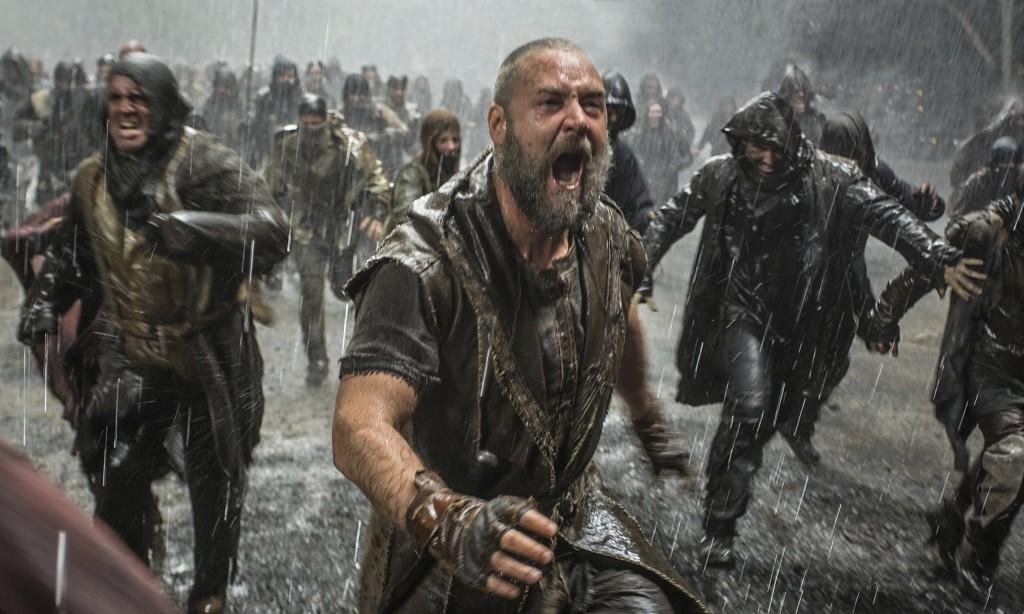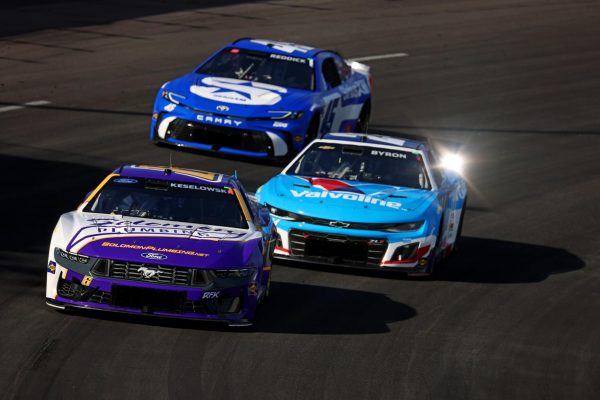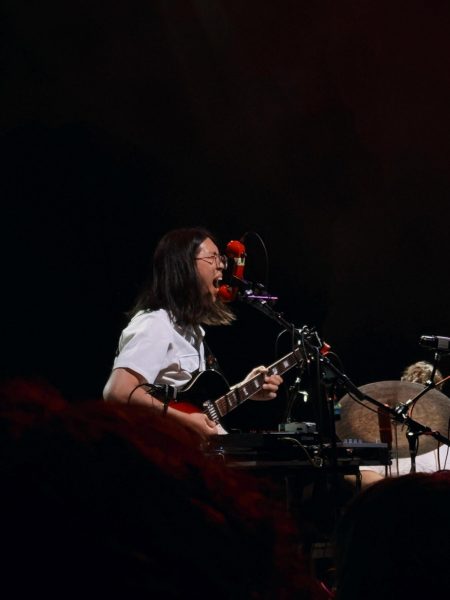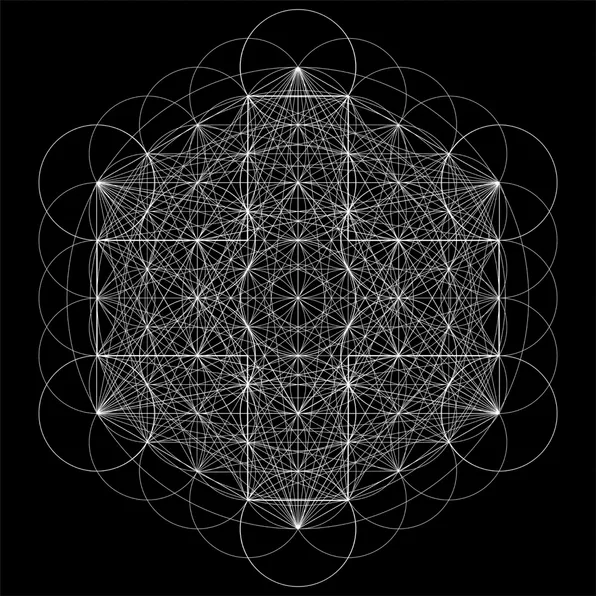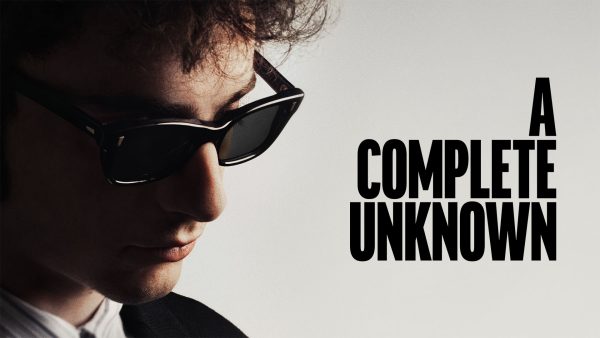“Noah” Wildly Conflicting Biblical Actioner
There are few filmmakers as fun to analyze and pick apart as Darren Aronofsky, yet by the same token there’s few genres less fun to examine than Biblical movies.
Aronofsky is something of a god to cinephiles of my generation for a variety of reasons — his films are both as deliriously entertaining and artistically ambitious as they come. He’s become exceedingly good at telling, more or less, the same story — individuals that doggedly pursue some form of perfection and invariably watch their personal lives crumble in the process. His Brooklyn heroin addicts of Requiem for a Dream simply wanted that one perfect high, Natalie Portman’s utterly mad ballet dancer of Black Swan wanted nothing more than one perfect performance, Mickey Rourke’s dying, decrepit Wrestler merely wanted to hear his adoring fans one last time.
But in a career of deeply personal, distinctive passion projects, Noah may be Aronofsky’s longest-standing one: it’s based on a poem he wrote in the seventh grade about Noah’s Ark. And while the $130-million project may seem considerably different from the traditionally low-budget stuff that Aronofsky gravitates towards, it’s really the exact same archetype that he communicates so effectively over and over: the story of a man and his uncompromising quest to carry out what he believes to be the word of “the creator” — which in case you somehow don’t know the parable, entails God flooding the Earth and wiping out humanity, and entrusting Noah to preserve most animal and plant species aboard an Ark.
The first half of the film, spanning about a decade, focuses intently on Noah’s quest to construct the Ark and to maintain a stable family unit in the face of chaotic biblical times, beset by raiders and gangs. Aronofsky establishes a counter-point and foil to Noah in Ray Winstone’s villain Tubal-cain, a hulking, savage beast that feels entitled to store with his men aboard the Ark.
Noah has other plans, though — and once he and his family are safely aboard and the Ark is on its way, his dedication to God turns into more of an insane fervor, making it abundantly clear that he intends to have his family be the last of humanity in order to satisfy his Creator’s will. This turns the last half of Noah, oddly, into a chamber drama of boiling intensity, as Noah gradually turns his family against him with his blind convictions.
Evidently, this is all deeply silly, goofy stuff — admirable, however, in how deadly serious the cast takes it. What sets Noah apart from the rest of its creator’s work, funnily enough, is in its unabashed reveling of its own spectacle. It’s the first in Aronofsky’s body of work that isn’t straining wildly to be a capital-M “Masterpiece”, instead adopting a scope and plot structure not unlike the contemporary superhero film, with set-pieces that rival anything in said genre. The centerpiece of the film, a 15-minute nailbiter in which Noah strains to protect his family from an onset of attackers as the world begins to flood? An unbelievable achievement in visual splendor and controlled chaos. (Side-note: the film reportedly sports the most complicated visual effects shot in the 38-year history of visual effects house Industrial Light & Magic.)
The film, for all of its sweep and ambition, never makes the mistake of abandoning an emotional foundation with its cast. Russell Crowe as the title character continues a late-career renaissance of incredibly capable work in large-scale stuff (Man of Steel, Les Miserables), and fits Aronofsky’s templates of focus and insanity like a glove. Jennifer Connelly elevates a fairly standard ‘supportive wife’ role into one of genuine gravity and weight, with a late third-act outburst that’s totally stunning. Equally capable is Emma Watson as Noah’s daughter-in-law — without spoiling much, she becomes the film’s emotional center for much of the latter half, and carries it with empathy and intensity.
Noah is an erratic, nutty, bipolar work; there’s no two ways around it. There’s elements of deep spiritual exploration, of dumb-ass action-heavy escapism, of boiling-room family drama. But the principal concern of the film is one that is both spiritually important and totally pessimistic — pondering the concern that humanity’s evils are becoming too great to justify, especially within the context of the planet that it so carelessly ravages. Aronofsky’s world is lucky in that they have the chance to start again, which only highlights an even more haunting truth — the fact that we don’t.




